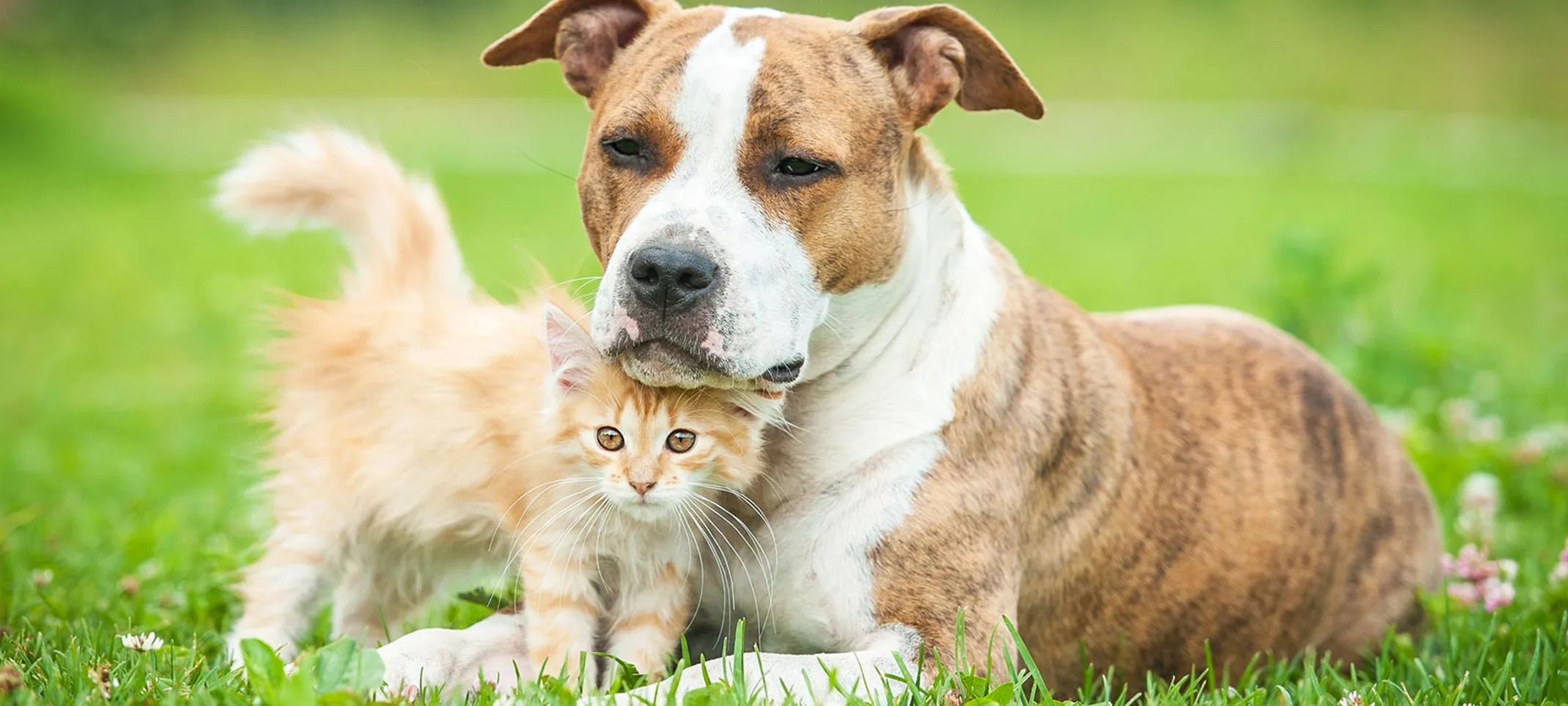Towne North Animal Hospital
Wellness & Preventative Care
The best medicine is preventative medicine! Keep your pet healthy and happy with regular medical exams with a veterinarian. We offer several wellness and preventative care services for the life of your pet including specialized care for puppies, kittens, and senior pets, vaccinations against life-threatening diseases, parasite screening and prevention, and wellness laboratory testing at a reduced cost.

Overview
We follow your pet through the many phases of their lives. From specialized and preventative care during their younger years to regular wellness checks as they age, we seek to prevent and detect problems before they arise. There are a variety of diseases that affect animals, so proper vaccination of your pet is vital in protecting them from the many types of illnesses to which they are susceptible to. We know your pet is important to you, that's why we work hard to ensure they are given only the best in care through all the years of their lives.
The American Animal Hospital Association recommends that your pet have a wellness exam at least once every year. As your pet ages, they recommend having even more. We believe strongly in preventive care and have developed wellness protocols for every stage of the life of your pet. Depending on your pet’s life stage, vaccines may be administered, as well as disease screenings.
Why are wellness exams important?
Wellness exams give us a chance to evaluate the overall health of your pet while also giving us a baseline for their own unique bodies and tendencies. They also allow us to detect potential problems before they become serious, and even make your pet more familiar with our veterinary hospital, making future visits easier on them and you.
When should my pet visit the vet?
We believe in preventative medicine as the best approach to keeping our patients healthy. This includes annual wellness examinations, vaccinations on a one- or three-year basis, external and internal parasite prevention, and dietary management. Our doctors will help determine what vaccinations are appropriate according to you and your pet’s needs. We will discuss in detail what your options are to help you make the best possible health decisions for your pet.
How do wellness exams work?
During a wellness exam, our veterinary team will start out by taking your pet's vital signs. Our veterinarian will perform a comprehensive examination of your pet from nose to tail and may also perform diagnostic tests such as blood work, urinalysis, or intestinal parasite tests. Depending on your pet’s life stage, vaccines may be administered, as well as disease screenings for heartworm, kidney, liver, blood disorders, and more.
Wellness examinations do not necessarily mean that your pet is going to be subjected to complicated or costly medical tests and treatments. This allows us to prevent major health issues from developing undetected and gives us the opportunity to analyze and record baseline values such as temperature, body condition, and lab work. We measure these when your pet is healthy in order to provide better care in the event of illness or emergency. A dental health exam and a weight check are always important parts of a wellness exam, and may indicate problems that can progress rapidly and have significant impact on your pet's overall health.
Early detection and correction of medical problems will help to ensure that your pet will live a long, healthy, and active life.
Why are vaccinations important?
Vaccinations are vital to the health and protection of your pet, and serve as a preventive measure in combating viral diseases like Parvovirus, Parainfluenza virus, Distemper, Lyme, Panleukopenia, Feline Leukemia Virus, and Rabies.
When should my pet get vaccinated?
Vaccinations are particularly important for puppies, kittens, and other young animals that have immature immune systems. Veterinary vaccinations generally begin at 6-8 weeks of age and then boostered throughout your pet’s life depending on the vaccine. Our doctors will determine the appropriate vaccination plan for your pet.
How are vaccines administered?
Vaccines help to combat diseases by exposing the pet's immune system to inactive or small amounts of a particular form of bacteria or virus. Vaccines are administered through a subcutaneous injection (under the skin), orally, or intra-nasally, depending on the vaccine.
Vaccinations are accompanied by a consultation and examination with our veterinarians to make certain that your pet's condition is stable enough to receive them. Proper and timely administration is necessary to ensure optimal protection.
